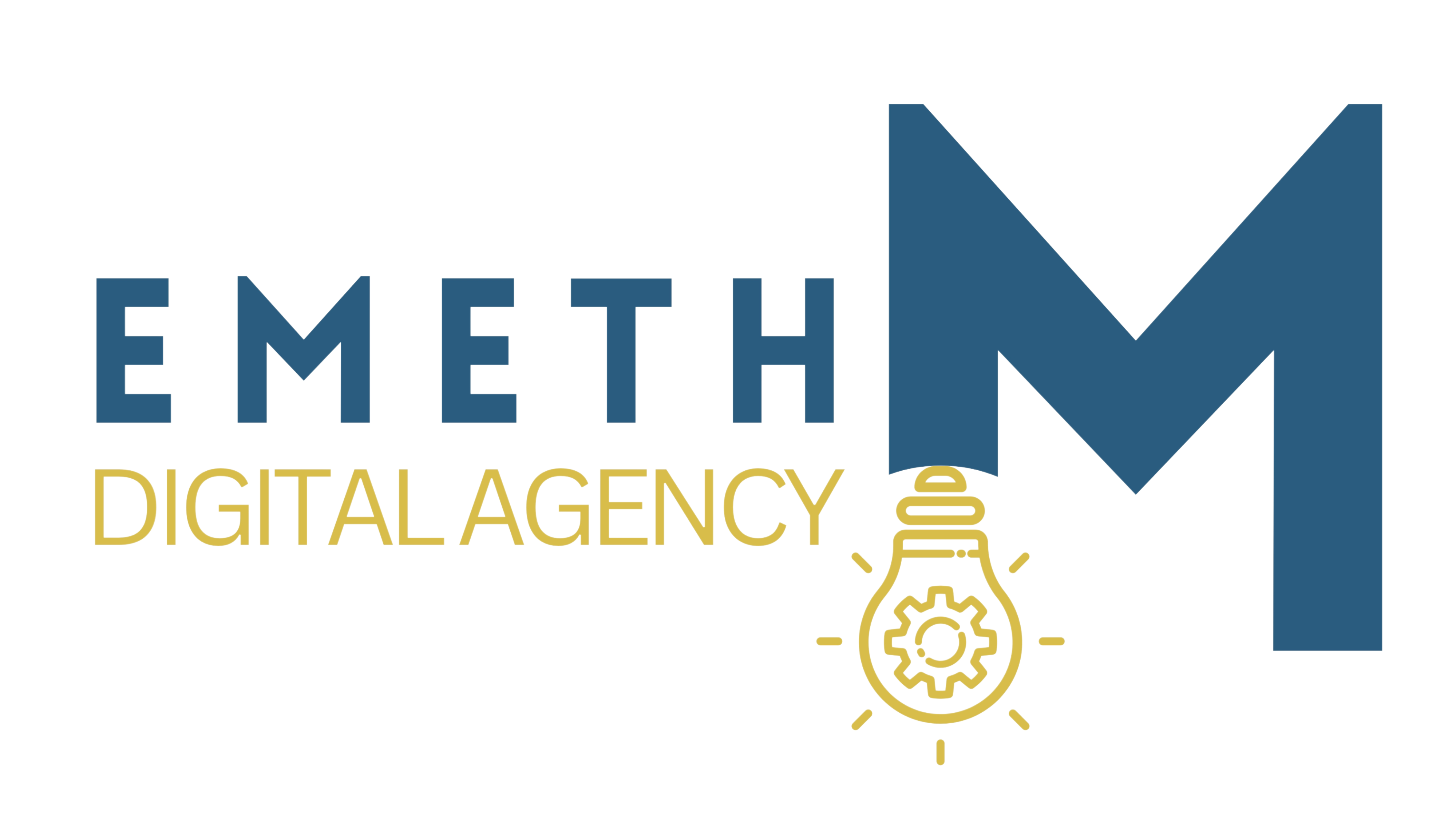What is Lead Scoring: Understanding Its Importance in Marketing
What is Lead Scoring?
Lead scoring is a systematic methodology used by marketing and sales teams to rank potential customers based on their perceived value to the organization. This ranking is typically based on various interactions that the lead has with the company, including website visits, social media engagement, email opens, and other actions. By assigning scores to these interactions, businesses can prioritize leads who are more likely to convert into paying customers.
The Importance of Lead Scoring
Understanding the importance of lead scoring is crucial for any digital agency aiming to optimize its sales funnel. It helps in identifying high-quality leads that are more likely to engage with your services and ultimately make a purchase. By focusing on these leads, businesses can allocate their resources more efficiently, ensuring that marketing and sales efforts are directed towards individuals who show genuine interest in their offerings.
How Lead Scoring Works
The lead scoring process involves several steps, beginning with the identification of key behaviors and characteristics that signify a lead’s potential value. These can include demographic information, such as job title and company size, along with behavioral data like the number of website visits, content downloads, or email interactions. Each factor is assigned a specific score, and when combined, these scores generate an overall lead score that indicates the lead’s likelihood to convert.
Types of Lead Scoring Models
There are primarily two types of lead scoring models: numerical scoring and qualitative scoring. Numerical scoring assigns a specific point value to different lead attributes and interactions, allowing for easy quantification of lead quality. On the other hand, qualitative scoring focuses on categorical assessments, where leads are classified into different tiers or segments based on subjective criteria. Businesses can choose the model that aligns best with their goals and resources.
Benefits of Implementing Lead Scoring
Implementing lead scoring offers numerous benefits, including improved targeting of marketing campaigns, enhanced sales productivity, and increased revenue. By understanding which leads are most likely to convert, businesses can tailor their marketing strategies and messaging to resonate with these prospects. Additionally, lead scoring helps in reducing the time sales teams spend on unqualified leads, allowing them to focus on nurturing relationships with high-potential customers.
Challenges in Lead Scoring
Despite its advantages, lead scoring does come with challenges. One common issue is the need for accurate data collection and analysis. If the underlying data used to score leads is flawed or incomplete, it can lead to misinformed decisions. Additionally, businesses must continuously refine their scoring models to adapt to changing customer behaviors and market conditions, which requires ongoing effort and resources.
Tools for Lead Scoring
Various tools and software solutions are available to assist businesses in implementing effective lead scoring systems. Customer Relationship Management (CRM) platforms often include built-in lead scoring features, allowing companies to automate the scoring process and integrate it with their overall sales strategy. Additionally, marketing automation tools can track user interactions across multiple channels, providing valuable insights for lead scoring and improving overall marketing effectiveness.
Best Practices for Lead Scoring
To ensure the effectiveness of a lead scoring system, businesses should follow best practices such as defining clear scoring criteria, regularly reviewing and updating scoring models, and collaborating between marketing and sales teams. Establishing a feedback loop between these departments is essential for refining lead scoring processes and maximizing conversion rates. By aligning both teams around common goals, businesses can enhance their lead management strategies.
Conclusion
While this section is not intended to conclude, it is important to emphasize that lead scoring is an ongoing process that requires constant attention and adaptation. As customer preferences and behaviors evolve, so too must the methods used to evaluate and manage leads. By embracing lead scoring as a core strategy, businesses can improve their overall sales performance and drive better results in their digital marketing efforts.

